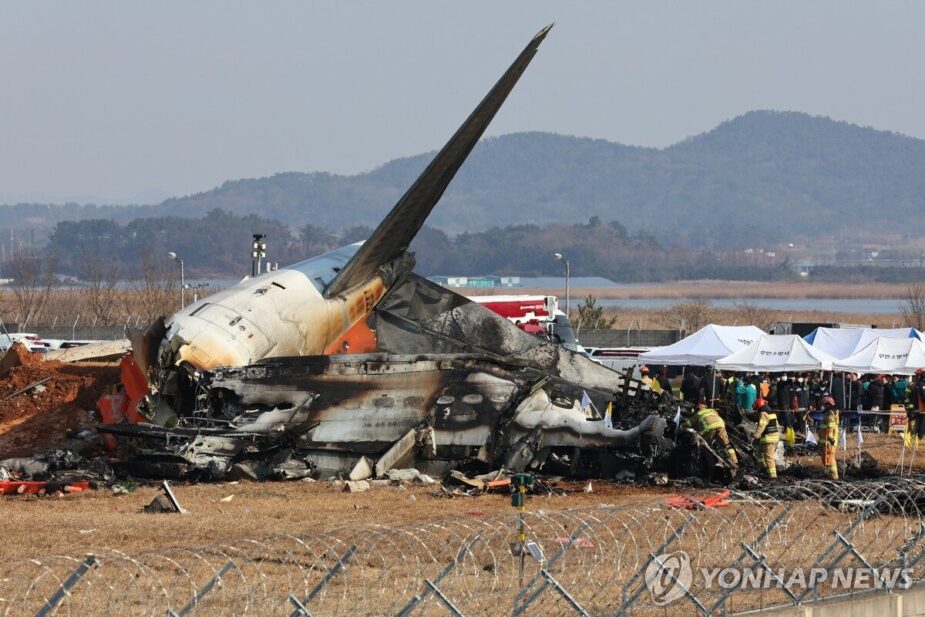Damage To Flight Data Recorder Expected To Prolong Investigation Process For Jeju Air Plane Crash

According to a report from Yonhap News, the flight data recorder of Jeju Air Flight 2216 was found to be partially damaged, thus extending the time needed to analyze the data.

On December 29 at around 9am KST, Jeju Air Flight 2216, which originated from Bangkok, Thailand, crashed at Muan International Airport in South Korea.
After half a day of rescue and recovery efforts, 179 passengers and crew members were confirmed dead. There were only two survivors, who were seated at the very back of the plane.

Authorities recovered the flight data recorder and cockpit voice recorder (also commonly known as the black boxes), which are crucial to discovering what exactly happened on the doomed flight.

While the cockpit voice recorder was found intact, the flight data recorder is said to have some damage, according to the Aviation and Railway Accident Investigation Board in South Korea.
Due to the damage, an official from the investigation board stated that it could take at least a month to decode the flight data. If the recorder was found intact, the process typically takes a week to complete.

Another official stated that if it’s difficult to analyze the recorders in South Korea, they would be sent to the United States to be examined by the National Transportation Safety Board (also known as the “NTSB“). This would further prolong the process as the NTSB deals with cases from all over the world.

Even after the recorders have been examined, the comprehensiveness and complexity of an air crash investigation could mean it’ll be years before we find out exactly what happened on board Jeju Air Flight 2216.